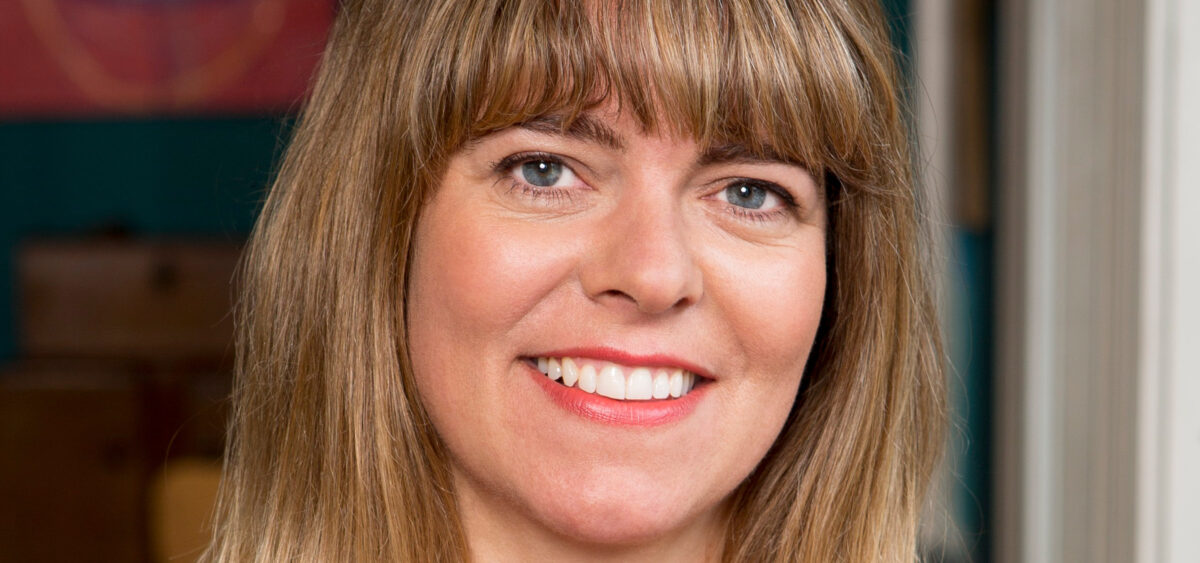
The more gestures of kindness we show towards others, the better we feel—both psychologically and physically. Claudia Hammond discusses the results of her recent, globe-spanning, research into kindness.
Her voice is familiar to many Brits across the UK—for years now she’s been a BBC radio presenter, popularizing understanding of psychology, neurology, and mental health. In these programs, Claudia Hammond explains how the results of new, often pioneering scientific research can be put into practice. She is the author of The Art of Rest (2021) and The Keys to Kindness (2022), which are based on international research projects into rest (The Rest Test) and kindness (The Kindness Test), which she co-authored. She travels across the world, gives open lectures, and hosts debates on health. Przekrój caught up with Hammond at her London home, a day before she traveled to New Zealand.
Paulina Wilk: Let me start by thanking you. It is a small act of kindness to share your time with an unknown journalist from Poland. But then again, you enjoy talking to strangers…
Claudia Hammond: I do! I often smile and talk to people I don’t know. I like to stop and have a little chat in the shop.
Is this your key to unlocking everyday kindness?
I took to it recently. Before I started researching kindness, I didn’t realize you can actually count those tiny talks and interactions as such. Also, a few years ago I took part in the BBC’s Loneliness Experiment, and during this study it became clear that conversations can prevent people from feeling lonely. They can be very small. You can just say three words to a person on a bus and be the only person they speak to that entire day. It makes a real difference when you take time to notice others.
So, what stops us from trying? We regard chatting to strangers as somewhat risky.
If you look at the scientific research, you’ll find that most people are afraid that if they start a conversation with a stranger, he will find us boring or won’t like us very much, or will not want to talk to us. But the evidence says the opposite. In various experiments the vast majority of people being suddenly spoken to, really liked it.
Are we less prone to speak to strangers, on buses and trains, than we were thirty years ago?
It is difficult to say, because equivalent research was not made back then. But we know that the circumstances








